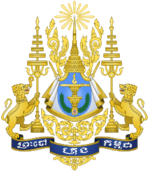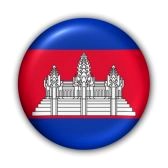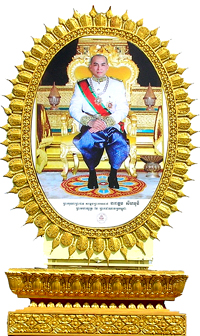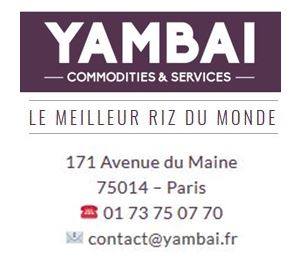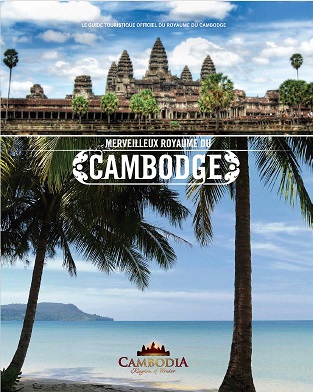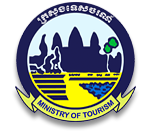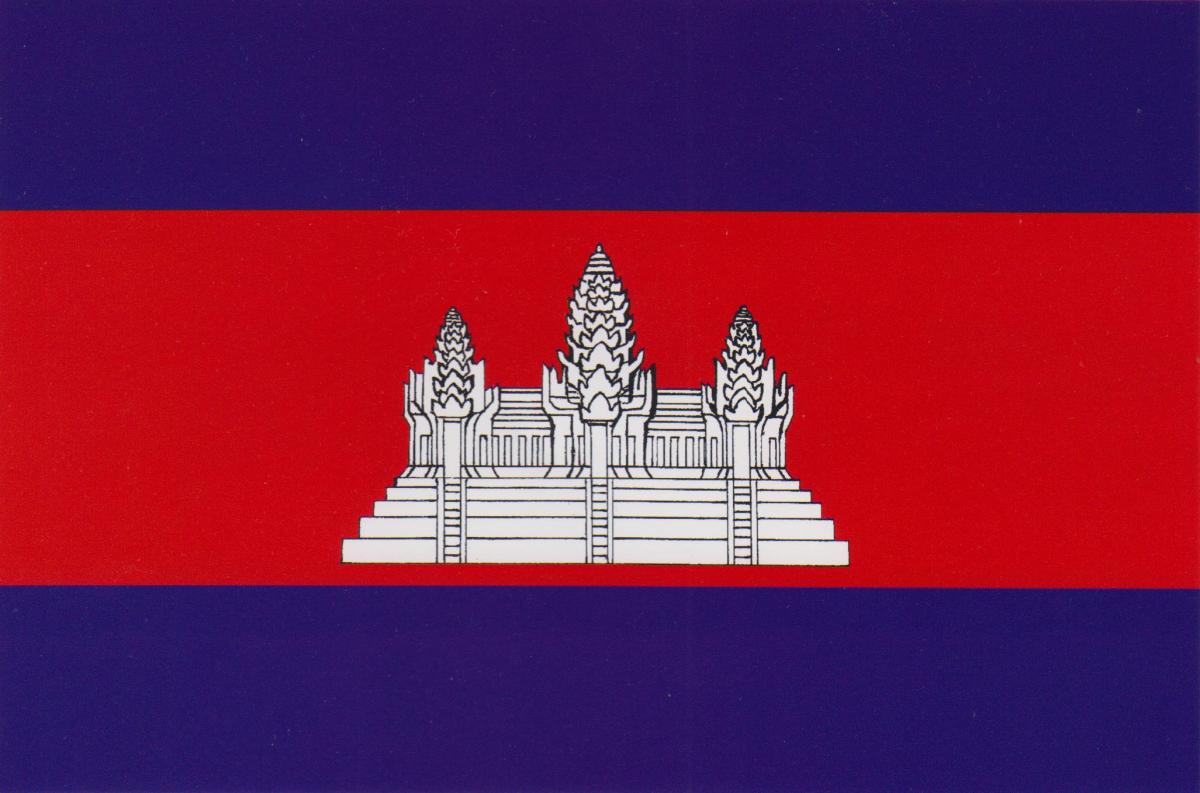
Opinion
Cambodia's election: A time for contestation, a time for reconciliation
Well before the election of 28th July 2013, independent opinion polls, not known as pro CPP, gave the ruling CPP as the favorite. Had these opinion polls been biased in favor of the CPP? Likewise, had the opposition CNRP's self proclaimed victory any legitimacy? The opposition's only song is: if I lost, there must be frauds by the CPP with the complicity of the National Election Commission (NEC).
This song is the heart of the problem into which the CNRP locked itself up from the start. The key solution is therefore for the CNRP to get itself out of its own traps. The first trap is the racist, Khmer rouge style demonization of the other side as being "Vietnamese puppets or Yuon". The second is the impossible equation: "either (Sam Raing) Sy or (Hun) Sen". No compromise is possible, otherwise it would lose face. The third is that the CPP and the NEC had cheated to deny the CNRP its dream of electoral landslide victory. For all these "reasons", it undertakes a crusade to "restore justice" by all means and at all cost.
To this third trap, a more logical and cool headed reasoning should be the following: if the CPP had cheated, it should have won more seats. Instead, the CPP had its majority reduced of 22 seats. Had the NEC committed irregularities in favor of the CPP, it must have done a blunder as at the end of the day, it was the CNRP which gained some 25 seats! Now, could the CNRP free itself from its own traps, from an "all or nothing" strategy of holding the whole nation hostage?
The CNRP, well before the election, predicted its own victory while it proclaimed that it would reject the results on the ground of its own affirmation that there were widespread irregularities and cheating from the CPP and the NEC. But if it were so sure of all these allegations, why did it not boycott the election in the first place? Why did it accept to go all the way by the NEC rules and procedures only to denounce them afterward? And yet, just hours after the election, the CNRP was the first to announce its own victory without mentioning any irregularities at all. The question is: can we trust the CNRP's allegations of widespread irregularities and cheatings when the result seemed to prove the opposite?
The response is simple: one cannot give credit to outrageous allegations, to exaggerated promises, to lies and racist demagogues and to advocates of foreign interventions.
Later on, while negotiating with the CPP leaders, the CNRP had accepted the 68 CPP to the 55 CNRP seats in the National Assembly on condition that it be given the National Assembly chairmanship. This demand is now the only remaining stumbling block to a compromise. This is another trap the CNRP should free itself from, and accept the fair democratic support it deserved, instead of unreasonably demanding for the top legislative position normally reserved for the winning party.
Based on this very politically motivated and self proclaimed truth, the CNRP gave itself the legitimacy to reject the unfavorable election result as approved by its local representatives at all levels, to organize mass demonstrations, to try to paralyze the whole nation by its boycott, to defy the King's call for a compromise, to brand the King's nomination of the Prime Minister from the winning party, the convening of the new National Assembly and the subsequent inaugural ceremonies as irregular, illegal and anti-constitutional. This is a very serious accusation against the national institutions.
By taking this radical position, it is rather the CNRP which is putting itself outside the Cambodian Constitution. By their boycott, its elected members may have forfeited their legitimacy, their words and acts of defiance have come to violate the laws of the kingdom. After receiving the royal amnesty, they are again in the process of committing the same crimes against the State. They are the unique brands of politicians who, for want of power, still advocate foreign interventions to overthrow their national institutions. But foreign media, NGOs, diplomats and mercenaries, far from being saints, are not the laws of the country. Only the King of Cambodia is the warrant of the Cambodian legitimacy. Having committed a national perjury by spitting on this national legitimacy, these politicians are now begging for foreign support. But have they forgotten that foreign interventions always brought about national disasters? Is this the objective of the opposition?
The opposition always boasted of its popular support to claim its legitimacy, but it always ignored the legitimacy of the majority votes of those Cambodians who supported the CPP. A half empty democracy is not what the Cambodian people wanted. The longer they boycott and insult the national institutions, the more they are losing their popular support, and they will have no choice but to accept what they deserved in the first place: an opposition built on hate, on empty promises and on exploitation of honest people.
The Cambodian people had come a long way in terms of democratic rights and exercised them quite well during the last general election. The results were indeed a stunning blow to the ruling party, but not to the point of a knock down. They cast their votes to express their warning disapproval of the government's management and their call for a cleanup change, not for an upheaval of a regime change. They aspire for change, yes, but also for social peace and justice, for sustained political stability and continued economic growth. They condemn any agitation that threatens to return the country to the recent past cycle of violence. The opposition should be realistically satisfied with its great success and not demand more than what national democratic election has produced. Trying to topple the government by exploitation of the powers of the street and/or by calling for foreign interventions has proved to be disastrous in various parts of the world and has not served democracy at all.
Cambodia had experienced all that not long ago, and never wanted the repeat of that history. The Cambodian people had exercised their democratic rights in a politically more mature way, better than some countries in the region. Now it is time for the politicians to behave themselves in a more responsible way and not to heat up some militants into hysteria just to satisfy personal ego and to send the nation into chaos for personal revenge. For the moment, the opposition leadership is using freedom and democracy in the country just to achieve that selfish goal. The population will soon realize that they are being held hostage and exploited to serve political ambitions of only a few. Inflammatory rhetorics and nagging sit-ins are unproductive and hurt the image of the country. In a democratic country, there is a time for protest, and there is a time for reconciliation.
Paris, October 9th, 2013.
